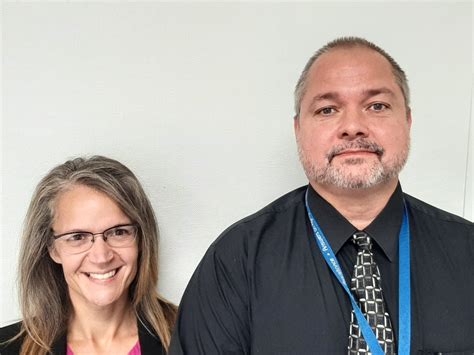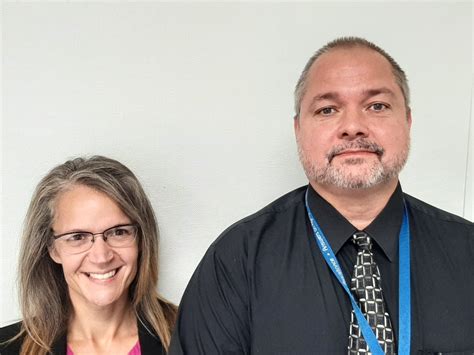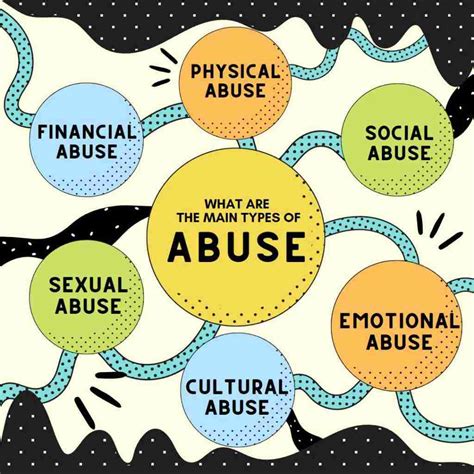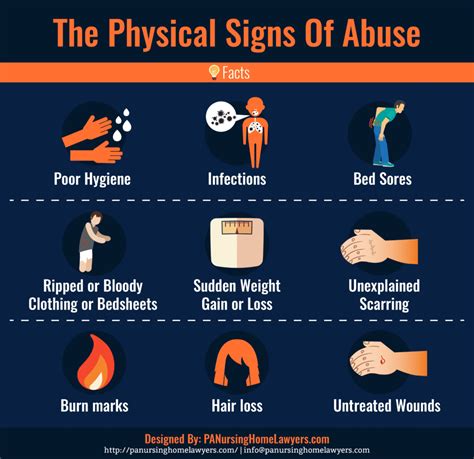Intro
Learn about Adult Protective Services in Los Angeles, dedicated to safeguarding vulnerable adults from abuse, neglect, and exploitation. Discover how APS LA provides critical support, resources, and interventions to ensure the safety and well-being of seniors, disabled, and at-risk individuals, promoting elder justice and adult protection.
Adult Protective Services (APS) is a vital program designed to safeguard vulnerable adults from abuse, neglect, and exploitation. In Los Angeles, APS plays a crucial role in protecting the well-being and dignity of seniors and dependent adults who are unable to protect themselves. In this article, we will delve into the importance of APS, its services, and the ways in which it supports vulnerable adults in Los Angeles.

The Importance of Adult Protective Services
Vulnerable adults, including seniors and dependent adults with disabilities, are often at risk of abuse, neglect, and exploitation. According to the National Center on Elder Abuse, approximately 1 in 10 adults over the age of 60 experience some form of abuse or neglect. In Los Angeles, where the population is diverse and aging, the need for APS is particularly pressing.
APS is essential in preventing and responding to abuse, neglect, and exploitation. By providing critical services and support, APS helps to ensure the safety, well-being, and dignity of vulnerable adults.
Services Provided by Adult Protective Services
APS in Los Angeles provides a range of services to support vulnerable adults, including:
- Intake and Investigation: APS receives and investigates reports of suspected abuse, neglect, or exploitation.
- Case Management: APS provides case management services to support vulnerable adults, including connecting them with community resources and services.
- Crisis Intervention: APS provides crisis intervention services, including emergency response and support.
- Education and Outreach: APS educates the community about the importance of protecting vulnerable adults and provides outreach services to raise awareness about APS.
How Adult Protective Services Works
APS works closely with a range of partners, including law enforcement, healthcare providers, and community organizations, to protect vulnerable adults. Here's how APS works:
- Reporting: Anyone can report suspected abuse, neglect, or exploitation to APS.
- Investigation: APS investigates reports of suspected abuse, neglect, or exploitation.
- Assessment: APS assesses the situation and determines the best course of action.
- Service Provision: APS provides services and support to vulnerable adults, including case management, crisis intervention, and education.
Benefits of Adult Protective Services
APS provides numerous benefits to vulnerable adults, including:
- Increased Safety: APS helps to prevent and respond to abuse, neglect, and exploitation.
- Improved Well-being: APS provides critical services and support to promote the well-being and dignity of vulnerable adults.
- Community Engagement: APS educates the community about the importance of protecting vulnerable adults and provides outreach services to raise awareness about APS.
Challenges Facing Adult Protective Services
Despite its importance, APS faces several challenges, including:
- Limited Resources: APS often faces limited resources, including funding and staffing.
- Complexity of Cases: APS cases can be complex and require specialized expertise.
- Community Awareness: APS often struggles to raise awareness about its services and the importance of protecting vulnerable adults.
Best Practices for Adult Protective Services
To ensure the effectiveness of APS, it's essential to adopt best practices, including:
- Collaboration: APS should collaborate with a range of partners, including law enforcement, healthcare providers, and community organizations.
- Cultural Competence: APS should be culturally competent and provide services that are tailored to the needs of diverse communities.
- Technology: APS should leverage technology to improve service delivery and efficiency.
Conclusion
Adult Protective Services plays a vital role in safeguarding vulnerable adults from abuse, neglect, and exploitation. By providing critical services and support, APS helps to ensure the safety, well-being, and dignity of vulnerable adults. As the population ages and becomes increasingly diverse, the need for APS will only continue to grow. By adopting best practices and addressing the challenges facing APS, we can ensure that vulnerable adults receive the support and protection they need.

Understanding the Different Types of Abuse
Abuse can take many forms, including physical, emotional, financial, and sexual abuse. It's essential to understand the different types of abuse to provide effective support and services to vulnerable adults.

- Physical Abuse: Physical abuse involves the use of physical force to harm or injure a vulnerable adult.
- Emotional Abuse: Emotional abuse involves the use of emotional manipulation to control or exploit a vulnerable adult.
- Financial Abuse: Financial abuse involves the misuse of a vulnerable adult's finances, including theft or exploitation.
- Sexual Abuse: Sexual abuse involves the use of sexual coercion or exploitation to harm or injure a vulnerable adult.
Recognizing the Signs of Abuse
Recognizing the signs of abuse is critical to providing effective support and services to vulnerable adults. Here are some common signs of abuse:

- Unexplained Injuries: Unexplained injuries, such as bruises or broken bones, can be a sign of physical abuse.
- Changes in Behavior: Changes in behavior, such as becoming withdrawn or isolated, can be a sign of emotional abuse.
- Financial Irregularities: Financial irregularities, such as missing money or unusual transactions, can be a sign of financial abuse.
- Sexual Coercion: Sexual coercion, including unwanted touching or advances, can be a sign of sexual abuse.
Reporting Abuse
Reporting abuse is critical to protecting vulnerable adults from harm. Here's how to report abuse:

- Contact APS: Contact Adult Protective Services (APS) to report suspected abuse.
- Provide Information: Provide as much information as possible about the suspected abuse, including the name and address of the vulnerable adult.
- Follow Up: Follow up with APS to ensure that the report is being investigated and that the vulnerable adult is receiving the necessary support and services.
What is Adult Protective Services (APS)?
+Adult Protective Services (APS) is a program designed to safeguard vulnerable adults from abuse, neglect, and exploitation.
What types of abuse does APS address?
+APS addresses physical, emotional, financial, and sexual abuse.
How do I report suspected abuse?
+Contact Adult Protective Services (APS) to report suspected abuse. Provide as much information as possible about the suspected abuse, including the name and address of the vulnerable adult.
We hope this article has provided valuable information about Adult Protective Services Los Angeles and the importance of safeguarding vulnerable adults from abuse, neglect, and exploitation. If you have any further questions or concerns, please don't hesitate to reach out.
